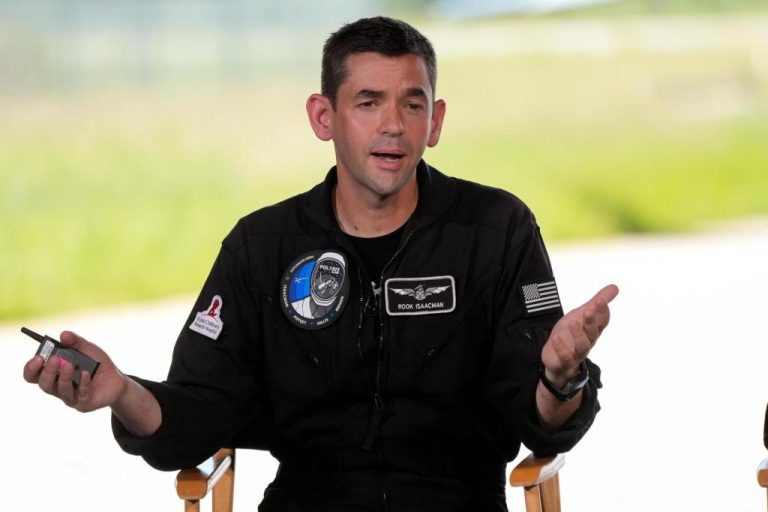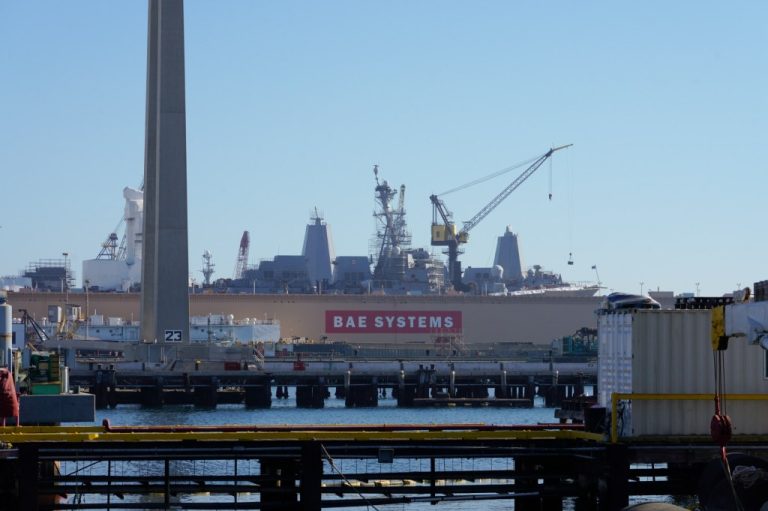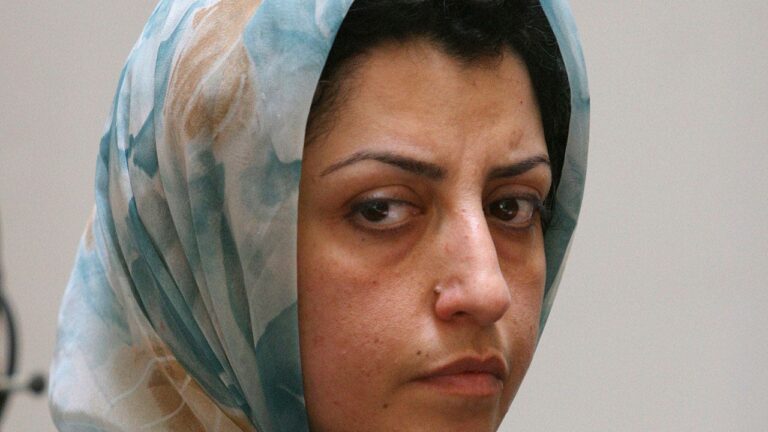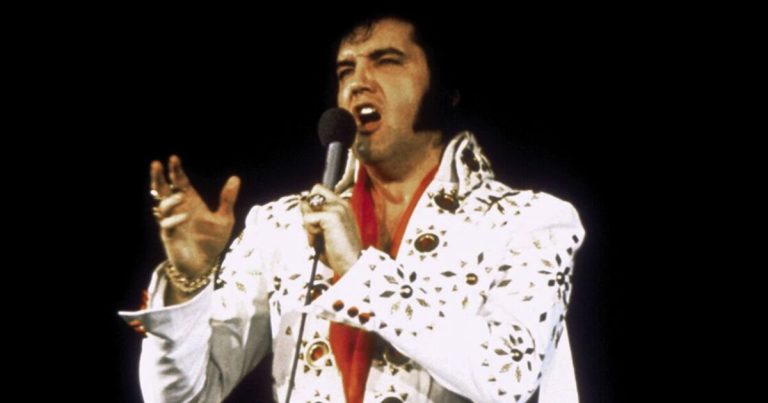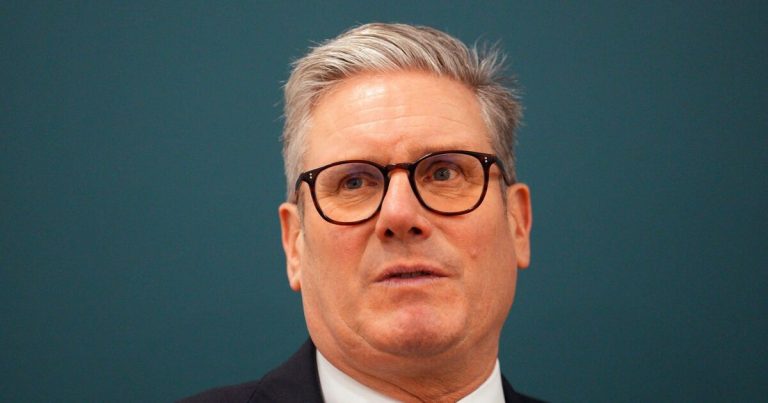No one would blame Padres fans for chewing on the suddenly uncomfortable thought that manager Bob Melvin slipping off to the Giants could become Bruce Bochy Part II.
That’s how San Diego sports works, right? That’s the neurosis that shapes perceptions and badgers reason. When someone leaves, they’ll succeed just to spite us.
The Bochy situation ranks at the very top of that list, the A-list example of others reaping the rewards that maddeningly elude us. He built a World Series-winning juggernaut, collecting three rings in a dizzying five-season sprint.
Of course, Melvin’s move will cause plenty who follow the Padres to pause. Same teams. Same division. Same nail-gnawing potential?
Stop gobbling Rolaids like sunflower seeds.
First of all, it’s something that is nearly impossible to repeat, let alone do in the first place. You’ve got to go back to the late-1990s Yankees and, before that, the Yankees and A’s of the 1970s to find that level of dominance.
It’s singular in ways that outsize the name on the front of the jersey. The absurdity of that level of winning compressed in a tight window, despite the fickle fates of the game, make Bochy a Hall of Famer without question.
It’s baseball, after all. The margin between winning and losing, even among the best and worst, can be minuscule.
Bochy maximized, lightning-in-a-bottle style, a spectacular convergence of timing and personnel. He had Buster Posey, Brandon Crawford, Brandon Belt and Hunter Pence just as they meshed. He got what he needed out of pitchers Tim Lincecum and Madison Bumgarner at just the right time.
The Giants of then were on the verge. The Giants of now are not.
Then there is the secret sauce Bochy possesses, on display again as the Rangers prepare to play in the World Series in his first season. It’s a tricky to pinpoint mix of intestinal instinct that defies analytics and a hulking, disarming presence around people that demands respect without asking for any.
Bochy mimics the unrushed ease of wild-haired painter Bob Ross when it comes to his brush strokes with bullpens and pitching. What seems subtle and hard to grasp in the beginning becomes vibrant and complete in front of your eyes.
Melvin is very good. His track record, a three-time manager of the year with wins at every stop, tells you that. There’s little doubt he will be good with the Giants, especially given his comfort level with general manager Farhan Zaidi and the Bay Area after leading the A’s.
Signing on with the Padres required more of a blind leap. There were no test-driven relationships, from President of Baseball Operations A.J. Preller to stars Manny Machado and Juan Soto. The contracts and spotlight proved different, too.
There’s no way Melvin would agree to lead the Giants, a franchise that, on paper, feels less positioned to challenge for a title than even the underperforming Padres, without a sense that there is more operational leash than his last stop.
You can’t help but wonder, however, whether Melvin is running toward something or away from something. Or whether, in the smoldering remains of his relationship with Preller, he was given a healthy shove.
Expecting the pair to work together after all of the soiled laundry that aired publicly felt futile in the end, even as it seemed they might be leaning into solutions. Their working relationship would be dissected at every turn. Every word would be parsed. Distraction would fuel dysfunction.
Winning clubhouses despise noise. Soldiering on would have required big-league ear plugs. The Giants vacancy provided parachutes for all involved.
Though San Francisco might not be fully ready to win consistently, Melvin is offered a fresh start. The Padres, who continue hitching their organizational wagon to Preller, likely feel like same way. Maybe they save some of Melvin’s salary along the way as they weather the loss of their regional sports network and unrealized playoff revenue.
So it’s folly to paint another Padres manager joining the Giants as Bochy 2.0 in the making. It’s like comparing apples and antelopes. There is much more that’s different than similar.
Like most sequels, it’s darn near impossible to live up to the original.



